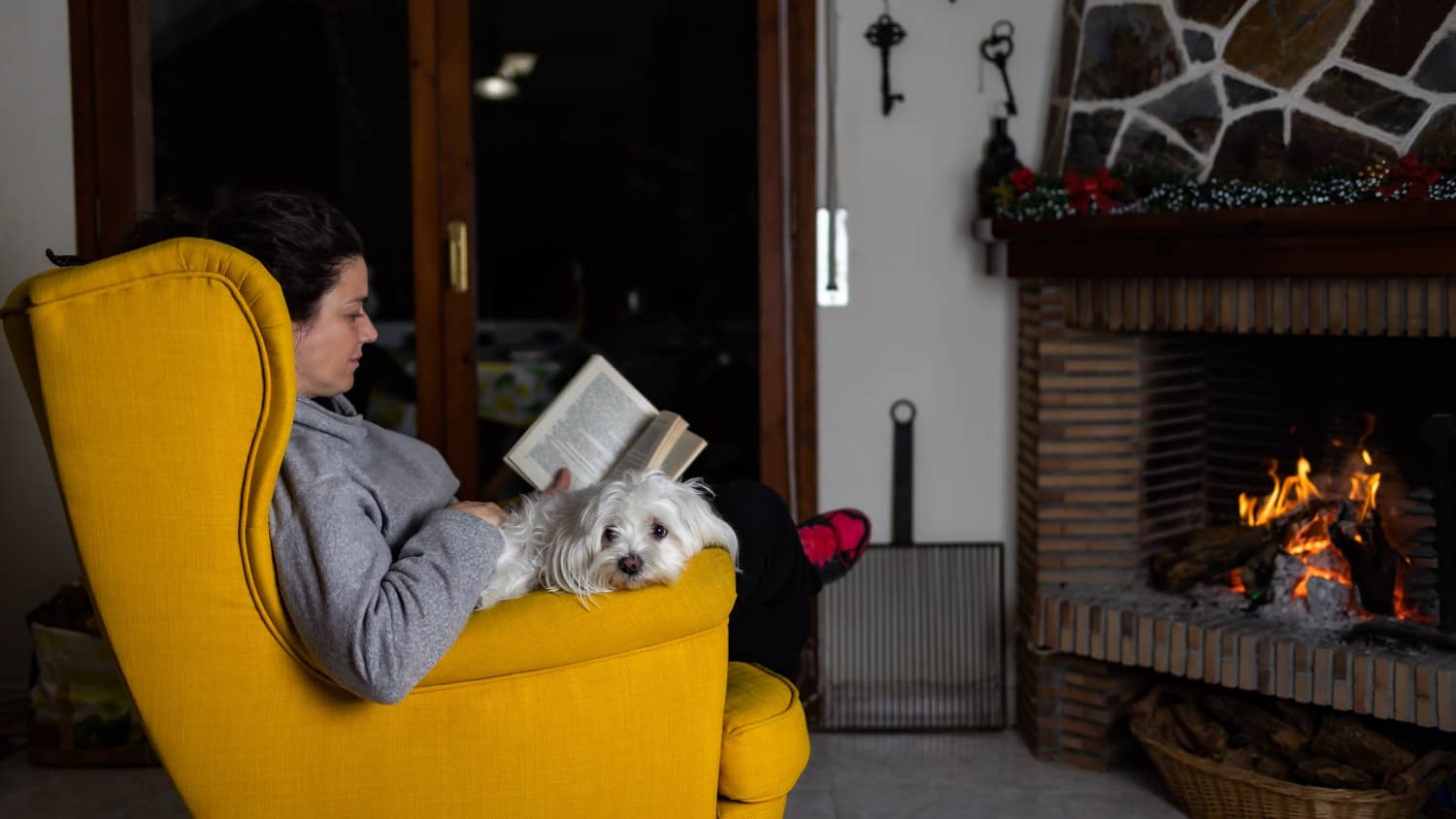
Dealing with Grief Over Christmas: 5 Tips You Need to Know
Christmas, much like the other holidays, is a time when people look forward to the comforting nature of tradition, but when a death happens, the tradition is disrupted.
The family sailing boat loses a crew member, the whole boat becomes unbalanced, and those still on board need to find a new way of sailing forward.
While this is happening, a transition is taking place. You may both want things to be just the same, which they can never be, and different, which you may find equally as difficult.
Expectations lead you to imagine that Christmas is going to be the worst possible day in your life. The mind can go into overdrive as it creates fearful images of what the day will be like without your loved one.
Throw Your Expectations Out the Window
It thinks it knows just what will happen and how you will feel. And then it takes you off on a journey of agony, as you imagine the scenario you believe will happen.
In truth, the day might be awful. It might be difficult. It might be okay. It might even be enjoyable. It might be a mixture of all these things.
It’s different for every person, and your only job is to have it be the way it will be for you. So be open to it being what it is. You may have a whole rollercoaster of emotions all in the one day. And maybe that will be fine.
Do Things Differently
Whether you like it or not, Christmas is already going to be different, simply because your loved one is no longer here. So maximize on this; accept the fact that it is already different. You can keep some of the traditions and let go of others. Invent new ones.
Make big changes, like going away with friends instead of going to family; or make small changes, like having your Christmas meal at a different time. Also, you could substitute the traditional turkey for a goose or a succulent piece of beef.
Even altering the routine of when presents are opened, or dressing differently, will help you cope better with what is already different.
Welcome Your Loved One In
If you are sharing your day with other members of the family, set up a time to specifically welcome your loved one. Tell family members in advance you will be doing this. Invite them to bring their memories and share them.
This is important because you create a space for your loved one, but you are also creating space for everyone else there too. Otherwise, it can all too easily become a day that is dominated by the one thing everyone is not speaking of – the person who has died.
Undoubtedly, there have been many instances where, because of not wanting to mention the deceased, the atmosphere becomes awkward.
It is far better to speak often about your loved one, in an easy manner. Share over the course of meal the memories that everyone has of them. Let their name be spoken out loud. Remember what they would have found funny.
Be Kind to Yourself
Your giving at Christmas will only be true giving if you are willing to give to yourself too. Otherwise, it is easy for it to get tainted with resentment, duty and other victim-like thoughts such as “No-one understands what it’s like for me without ________.”
On the day itself, be as kind to yourself as you can be. Take time out to just nourish yourself. It could be in the form of a nap in the middle of the day; saying no to the traditional walk if you really feel like you’d rather be alone; writing a letter in your journal to your loved one.
You could reach out to a friend; have a special phone call and be with any children more than with adults.
Communicate what you are going to do in a clear, firm and loving way. Be willing to take care of yourself even if others don’t like it. If you don’t give to yourself first, you will not be able to give freely to others.
Accept and Reach Out for Help
This is where ‘putting a brave face on it’ and ‘pretending’ have to go out the window. Of course, you don’t want to dampen anyone else’s day, but that’s exactly what you will do by pretending that you are okay and don’t need anything from anyone else.
If you need a hug or a cuddle, ask for it. If you need practical help with something, ask. And when people offer help to you, accept it. Even if that is difficult, even if it’s not your style, do things differently and say yes.
Have you had to deal over the holidays with the loss of a loved one? What strategies would you say work best when coping with grief over Christmas? Please share your thoughts and observations below.






